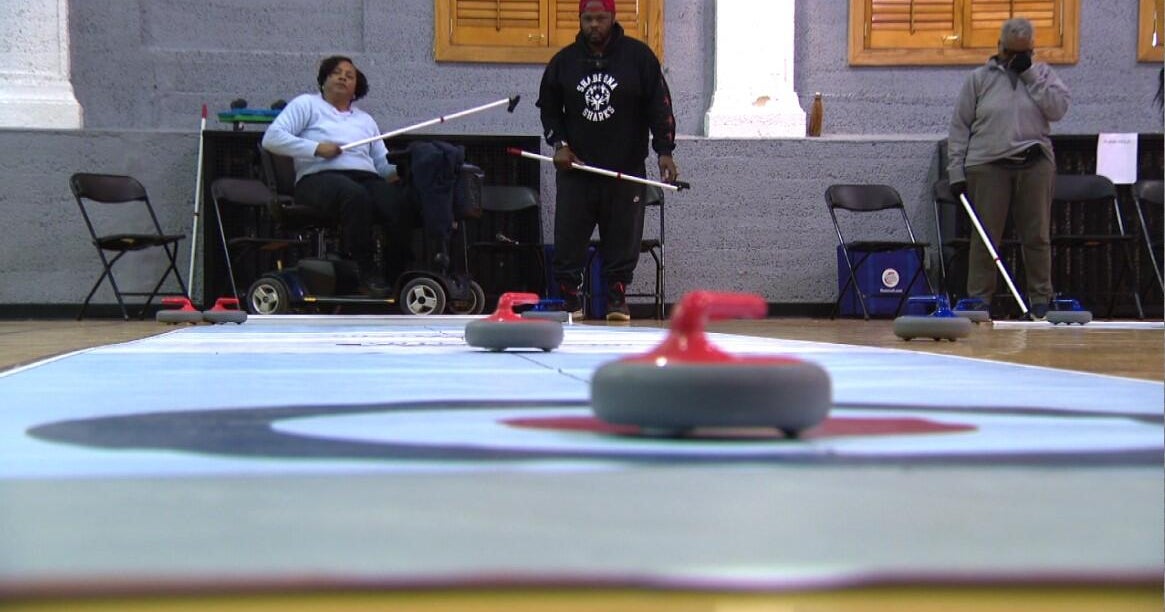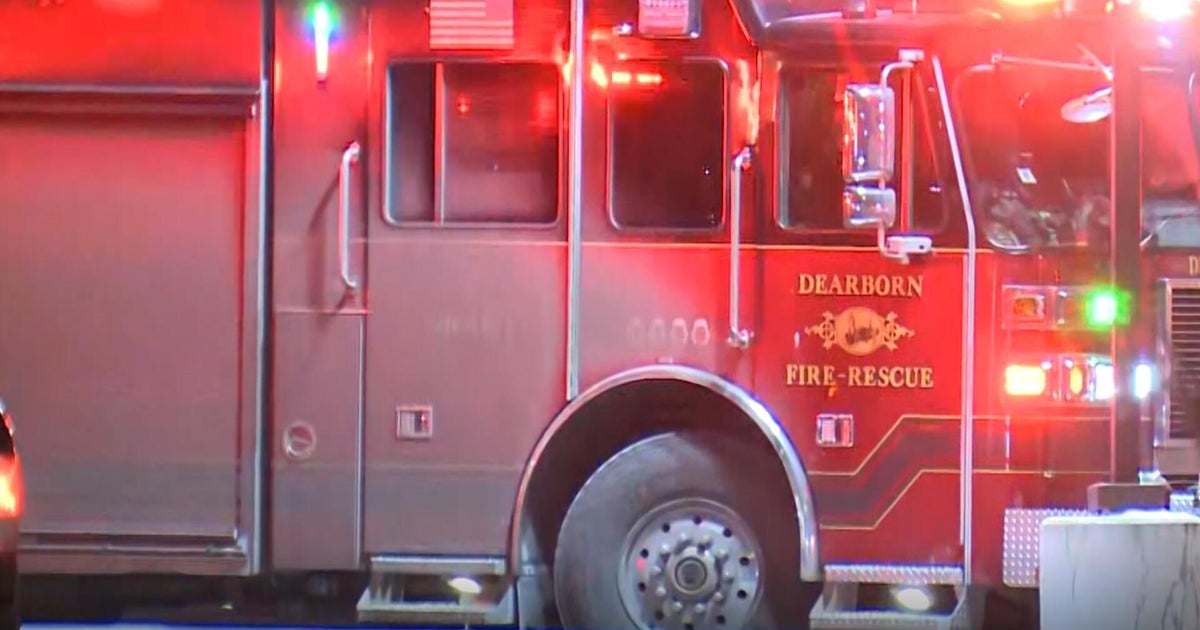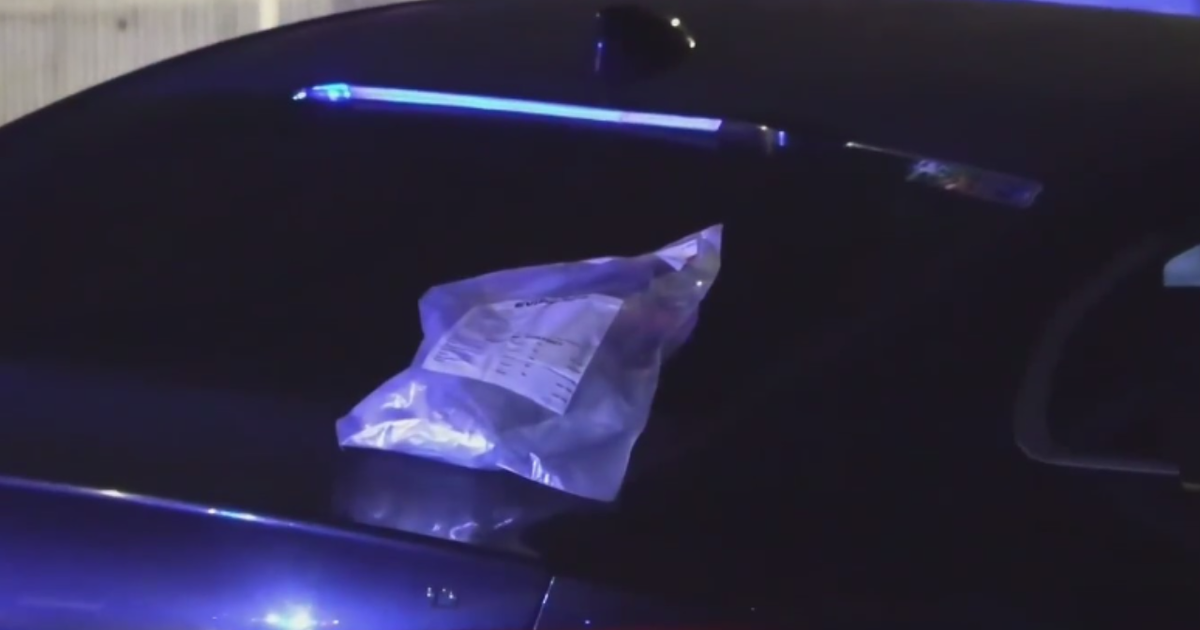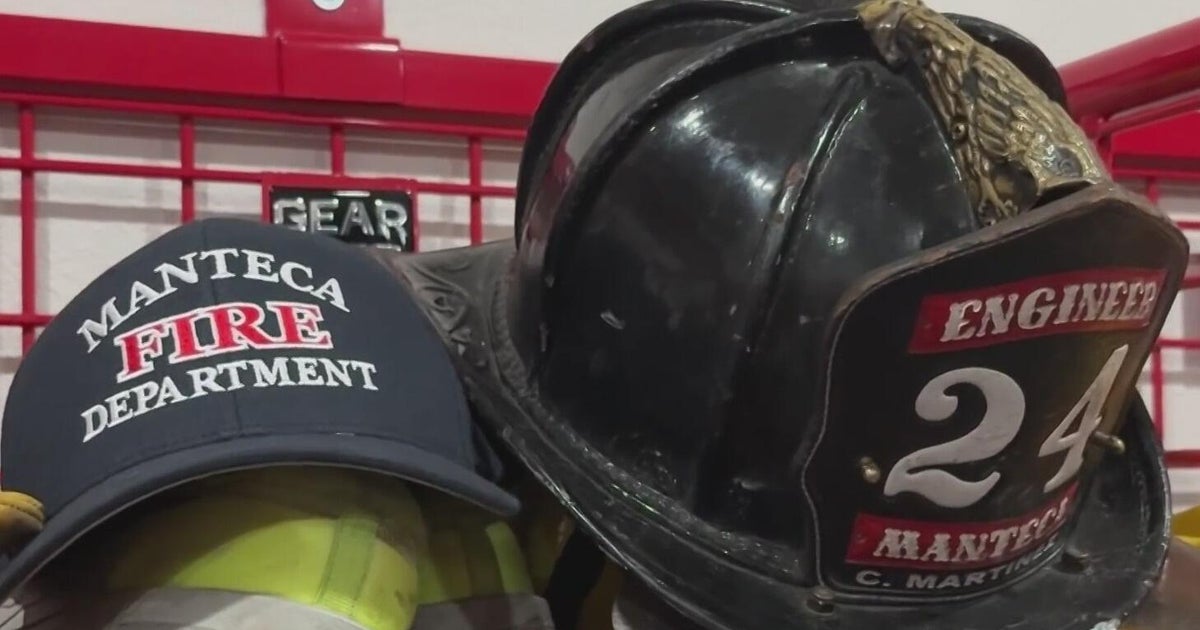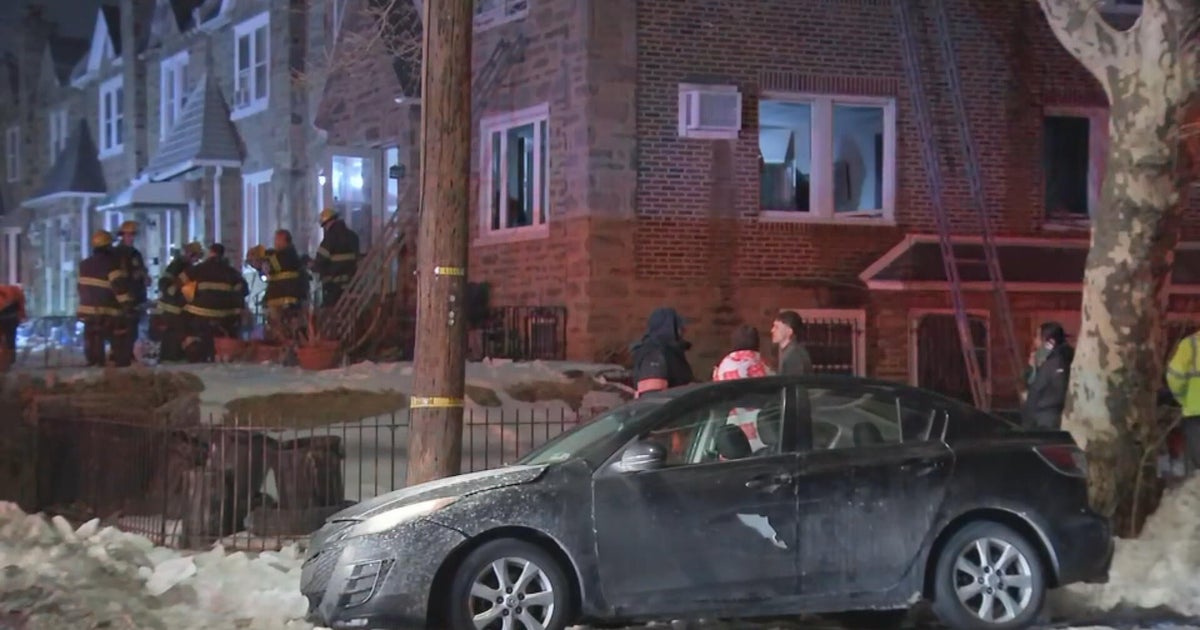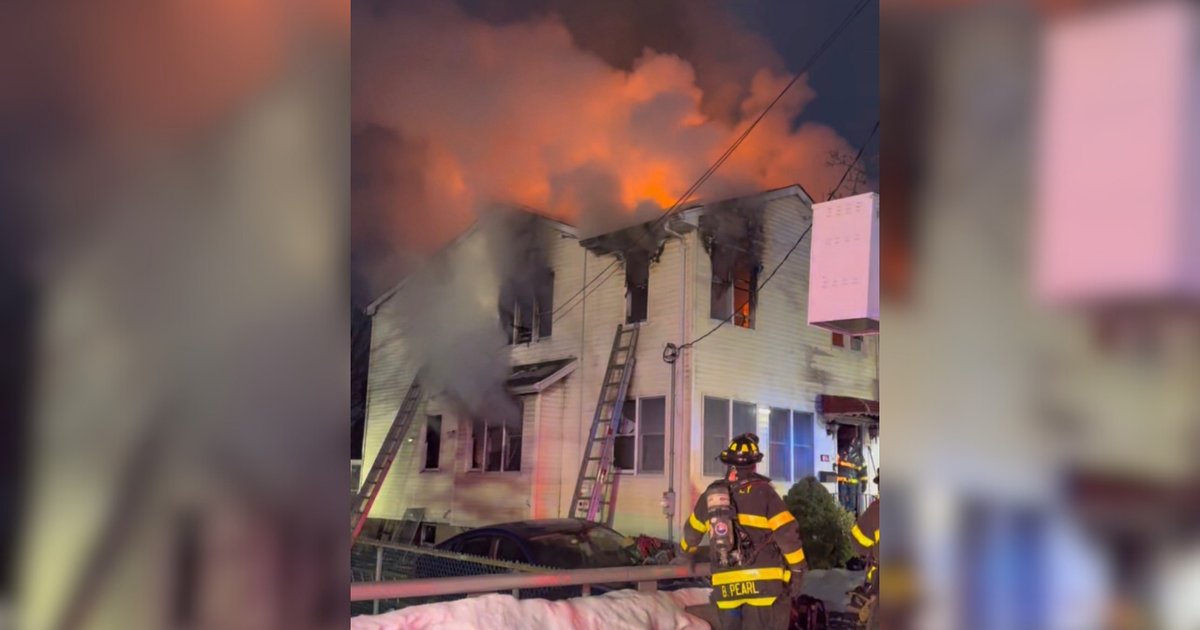Chicago Area First Responders Prepare For Coronavirus
CHICAGO (CBS) -- First responders are getting in gear to prepare themselves and others against coronavirus.
CBS 2's Mike Puccinelli reported on the issue Tuesday from Chicago's Bronzeville neighborhood.
Personnel with the Chicago Fire Department will have a protective equipment kit. Each comes with 10 different items including two 30-gallon biohazard waste bags.
Because when it comes to cornavirus, the more than 6,000 members of the Chicago Fire Department aren't taking any chances.
Field Chief Dave Ernst is making sure paramedics are properly putting on the gear needed to protect them from the new coronavirus. It's a new protocol that the fire department is instituting in the wake of a global epidemic that has killed more than 3,000 people.
In Washington state, more than two dozen firefighters ended up in quarantine after treating coronavirus patients at a nursing home.
"We dealt with ebola. We're prepared for this," said Juan Hernandez, the Chicago Fire Department's EMS Operations Chief.
And that means approaching patients differently, by asking questions from a little further away than in the past.
"You're going to have firefighters more than likely dressed up with masks, goggles, gowns and that's per the recommendations of the CDC," Hernandez said.
It's the type of caution being practiced in fire departments all over Chicagoland.
Chris Clark's department in Streamwood has 51 firefighters, so a mandatory quarantine would be challenging.
"That would have a major impact on the service we could provide to our community if we had a significant number of our firefighters quarantined," Clark said.
So Streamwood firefighters will be armed with N-95 masks and all the other tools recommended by the CDC.
"A surgical mask is a different thing. That's what we put on the patient and that's going to knock down the droplets when they cough and sneeze," Clark said.
And just in case droplets do get spread, first responders will be armed with large quantities of germicide to clean stretchers, chairs and counter tops in the ambulance.
"With any new or novel virus, nothing has been proven yet. So what the CDC is saying is use an EPA-registered disinfectant," said Clark.
One of the first lines of defense: the 911 dispatcher. They are now going to be asking questions about COVID-19 symptoms, but also about recent travel plans.
That information will then be relayed to first responders before they go into a home.
